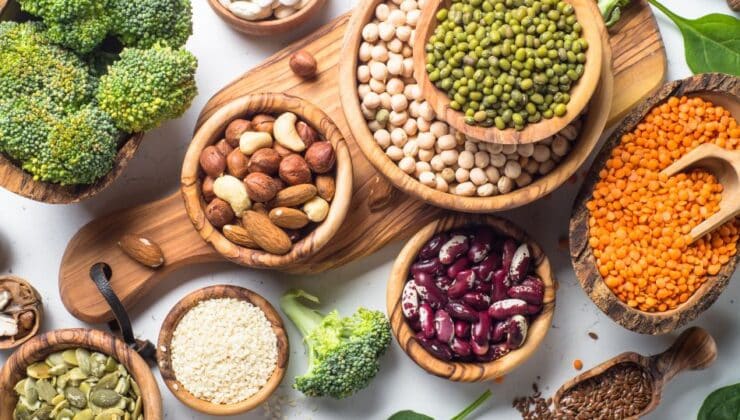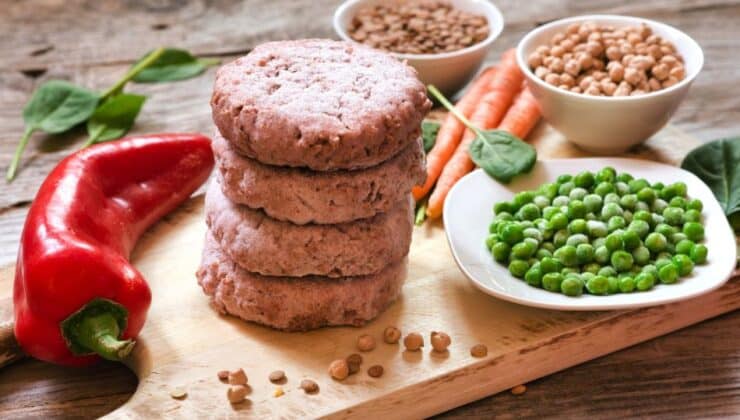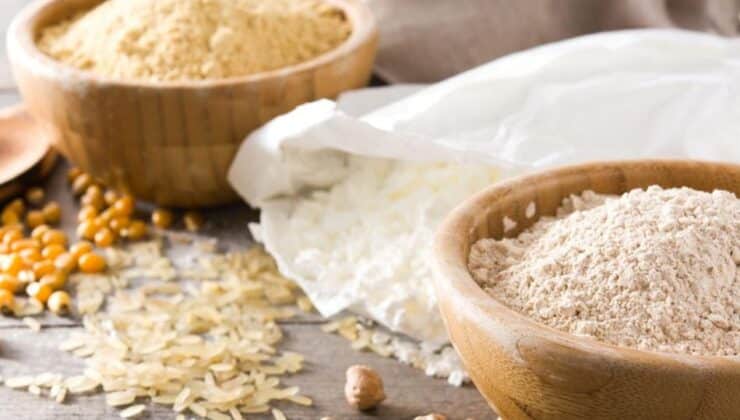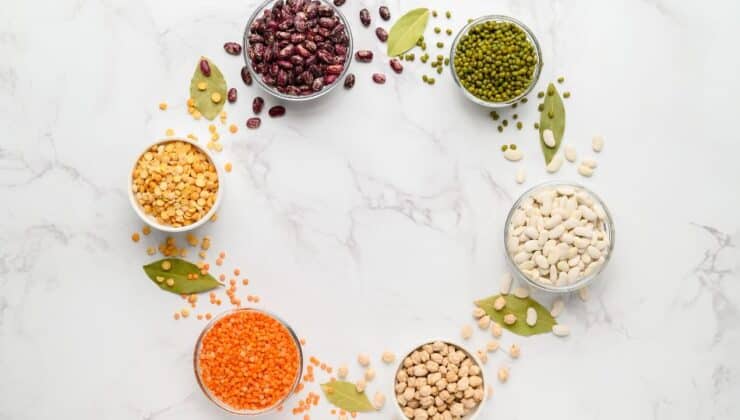Texturization and fermentation are an essential part of the processes to provide the industry with ingredients without “E”, i.e. clean label, with which to produce animal protein-free foods.
Valuable ingredients in food innovation that are supplying the market with attractive and nutritious proposals for a growing demand for innovative products made from vegetable protein, on the one hand, and others very similar to the traditional ones that, however, do not include animal protein in their composition. And both, of course, perfectly labelable as clean label.
Ingredients, such as those offered by the Dacsa Group to the industry, which have their origin in the R&D&I departments of its companies and which, recently, have opened a new space in the food sector to develop products such as fermented vegan cheeses in collaboration with the startup Mommus Food.
Texturizing and fermentation, two techniques that, when applied to the manufacture of ingredients for the industrial food sector, have managed to promote the development of various products of high nutritional value, clean label and allergen-free to integrate them into a market in which there is a growing demand for plant-based options.
A product line that aims to respond to this demand, both nationally and internationally, for 100% plant-based foods that also meet organoleptic expectations and offer new gastronomic possibilities to consumers who, continuously or sporadically, choose exclusively plant-based products and demand the highest quality standards.
Dacsa offers, through its subsidiary Molendum Ingredients, and from raw materials of the best quality at origin, texturized ingredients from de-germinated, gluten-free and industrially clean grains, such as its texturized rice, non-GMO corn or its exclusive texturized pea; all three are perfect for coating and breading applications and, especially, for meat products lacking animal protein but analogous to meat that improve the juiciness and/or texture of the final product.
Products that provide a valuable alternative for those who want to reduce meat consumption, but are reluctant to give up the sensation of eating it. Products that, especially in the case of the texturized vegetable pea protein, exclusive to Molendum, Pésol Pea, achieve very attractive results for consumption both for its excellent taste and for its texture and nutritional value.
Recently, and faithful to its objective of providing a wide range of plant-based food options of excellent quality and clean label, the Dacsa Group has entered into a special partnership in the cheese and spreads sector, putting into practice the results of its R&D&I departments in the field of fermentation. This collaboration has given rise to a line of cheeses and spreads that reaches the market with the aim of democratizing the sector and facilitating access to clean label fermented products, thus adapting its offer to the growing changes in consumer habits that it has set out to satisfy.
To this end, texturizing and fermentation in the manufacture of clean label foods are essential tools because they provide the industry with the ingredients to develop a wide range of vegan products, from ready-to-eat foods, such as spreads or cheeses, to products that constitute a sustainable and innovative alternative to the animal protein traditionally present in eggs, meat or fish.





